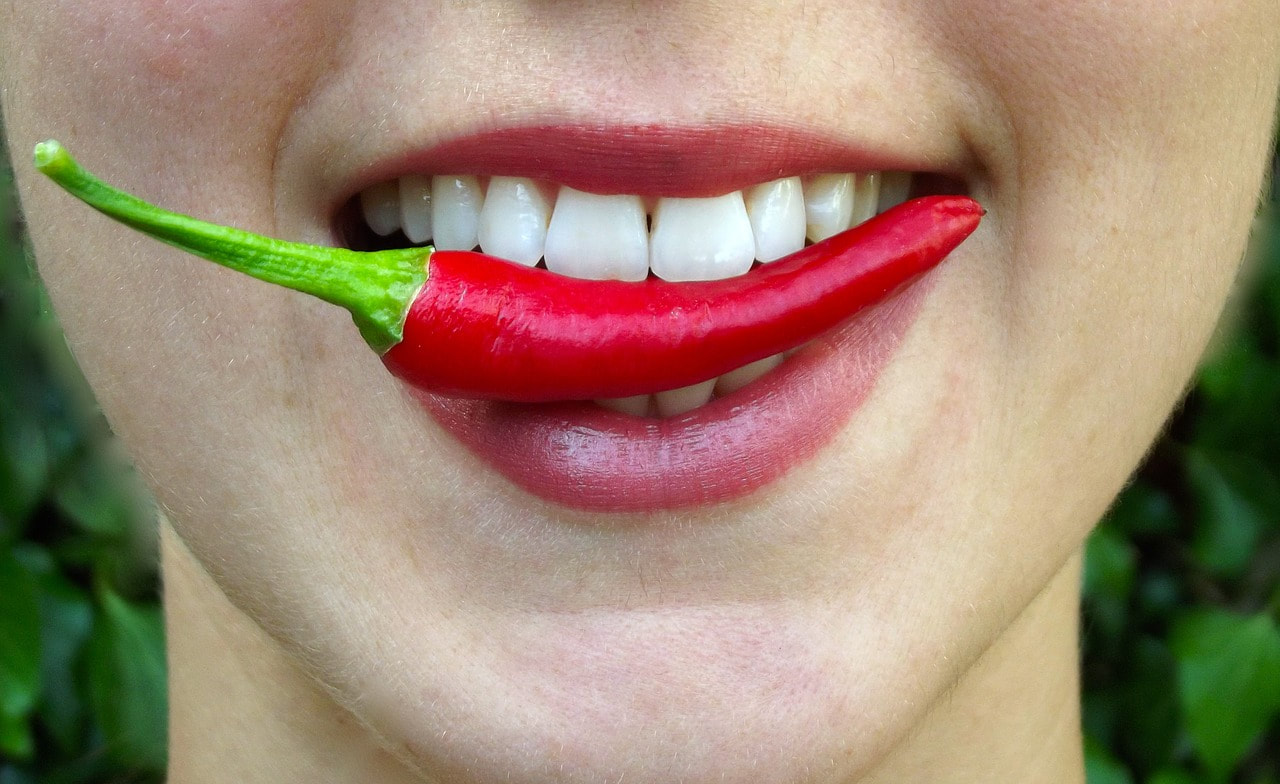|
Chinese subjects who enjoyed spicy foods appeared to eat less salt and have lower blood pressure, potentially reducing their risk of heart attack and stroke, according to new research in the American Heart Association's journal Hypertension.
Also read, The Portuguese government wants to tax salty foods. "Previously, a pilot study found that trace amounts of capsaicin, the chemical that gives chili peppers their pungent smell, enhanced the perception of food being salty," said senior study author Zhiming Zhu, M.D., professor and director of the Department of Hypertension and Endocrinology at the Third Military Medical University in Chongqing, China. "We wanted to test whether this effect would also reduce salt consumption." The study enrolled 606 Chinese adults and determined their preferences for salty and spicy flavors. Researchers then linked those preferences to blood pressure. They found that, compared to those who least enjoyed spicy foods, participants with a high spicy preference:
Researchers also used imaging techniques to look at two regions of the participants' brains -- the insula and orbitofrontal cortex -- known to be involved in salty taste. They found that the areas stimulated by salt and spice overlapped, and that spice further increased brain activity in areas activated by salt. Authors said that this increased activity likely makes people more sensitive to salt so that they can enjoy food with less of it. All participants of this study are from China, so further research is needed to determine if these findings may be generalized to other countries. "If you add some spices to your cooking, you can cook food that tastes good without using as much salt," Zhu said. "Yes, habit and preference matter when it comes to spicy food, but even a small, gradual increase in spices in your food may have a health benefit." Salt and sodium are often used interchangeably, but they are not the same. More than 75 percent of the sodium Americans eat comes from processed, prepackaged and restaurant foods -- not from the salt shaker. The American Heart Association recommends no more than one teaspoon of salt (2,300 mg sodium) or less per day. SOURCE American Heart Association, Science Daily
0 Comments
Leave a Reply. |
Advertisement
News & Updates
Stay informed with the latest news around foodservice, agriculture and other related food news. Advertisement Opportunities
|


 RSS Feed
RSS Feed


